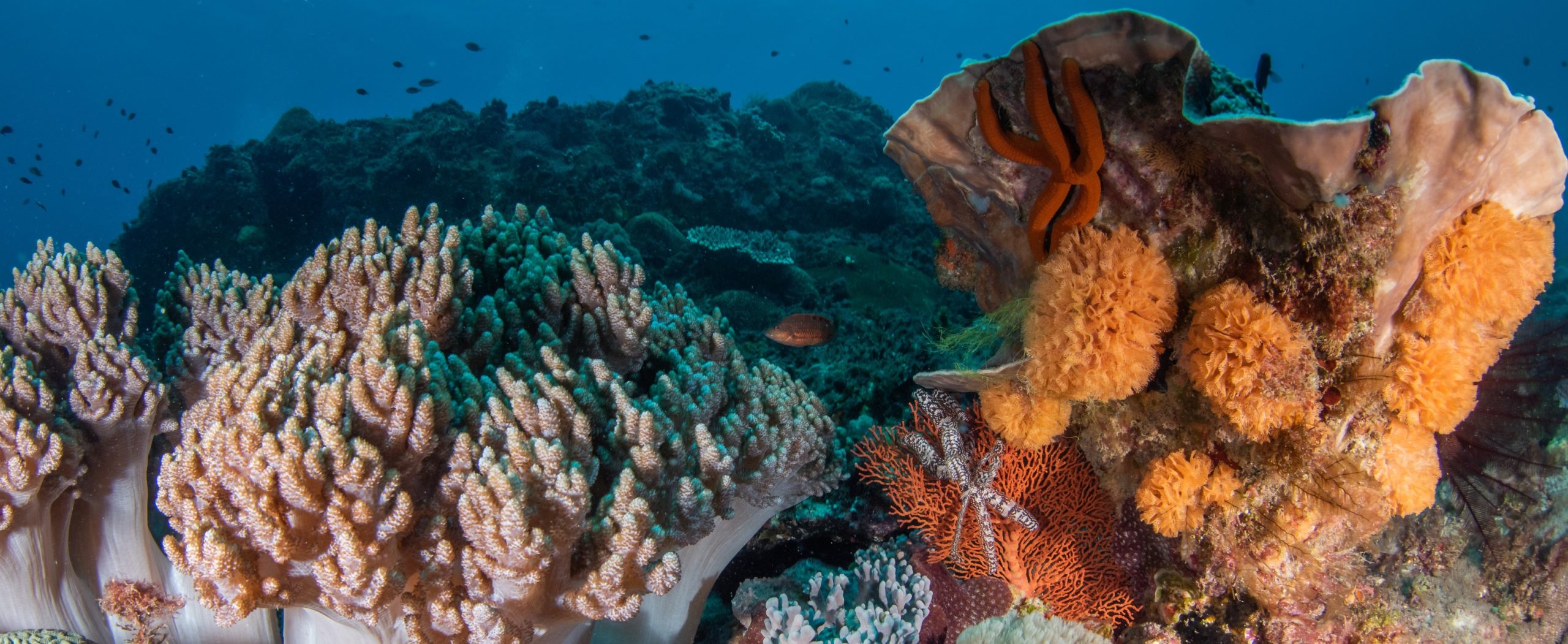Species’ ranges are shifting globally in response to climate warming, with substantial variability among taxa, even within regions. Relationships between range dynamics and intrinsic species traits may be particularly apparent in the ocean, where temperature more directly shapes species’ distributions. Here, we test for a role of species traits and climate velocity in driving range extensions in the ocean-warming hotspot of southeast Australia. Climate velocity explained some variation in range shifts, however, including species traits more than doubled the variation explained.
Swimming ability, omnivory and latitudinal range size all had positive relationships with range extension rate, supporting hypotheses that increased dispersal capacity and ecological generalism promote extensions. We find independent support for the hypothesis that species with narrow latitudinal ranges are limited by factors other than climate. Our findings suggest that small-ranging species are in double jeopardy, with limited ability to escape warming and greater intrinsic vulnerability to stochastic disturbances.
